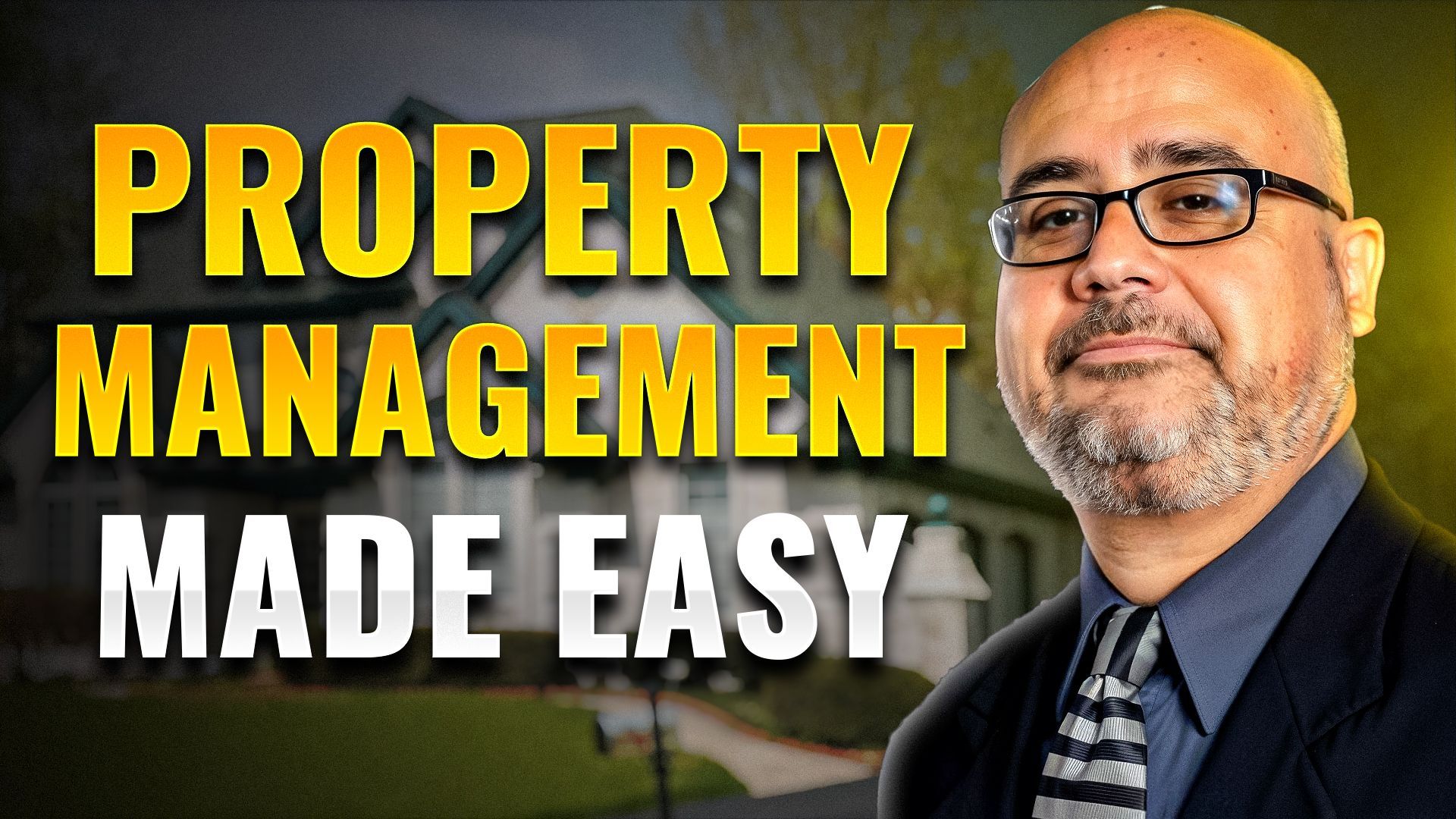How to Avoid Tenants Who Can't Pay Rent

Properly renting a home is an act of good decision-making for both parties. Tenants are responsible for searching rental homes and finding a few they could be happy and successful living in. Landlords and property managers are likewise responsible for approving tenants that will be good to the house and pay their rent on time.
For both parties, the right decision requires careful consideration, full understanding of the risks, and research to confirm the fact. As the landlord, the final decision on which tenants to move in will ultimately rest on your shoulders. Your choice should be based on three key elements:
- The tenants seem well-behaved and will treat the property with respect
- The tenants are pleasant and communicative
- The tenants have the ability to pay rent
The final point, the ability to pay rent, is the most important. While a rental home can withstand a little damage and many landlord-tenant relationships have very little communication, rent is what holds the entire rental home system together. Your tenant's rent covers the expense of maintaining the house along with the slowly-built revenue to re-invest in home upgrades or repairs. Tenants who cannot pay rent ultimately hurt both their credit and rental histories and your financial revenue stream at the same time. So how do you avoid accidentally renting to otherwise-pleasant tenants who can't pay their rent? We are happy to explain the technical process and methods you can use to quickly and accurately assess tenant viability.
Why Tenants Apply to Rental Homes They Can't Afford
Ideally, tenants would only apply and accept rental homes that they could live in comfortably - and afford to pay rent for. However, not all tenants are good at finances or are good at predicting their future expense-to-income needs. Inexperienced tenants may not understand how their income will be impacted by the total rent amount. Some people are known to spend frivolously and sometimes don't calculate for rent before their paycheck is gone. Some tenants experience major life changes while living in your rental home and their ability to pay rent changes with their personal circumstances.
It's important to be prepared for each type of tenant non-payment and use the available predictive methods of tenant-screening to avoid tenants unable to pay rent whenever possible. Here's how to do just that.
Tenant Screening for Ability to Pay Rent
Tenant-screening is a natural part of home rental. Every tenant application should be screened to determine both if tenants are a good lifestyle match for the house (ex: enough bedrooms, parking spaces, accessibility) and their ability to cover the rent for every month of the following year. Our screening tips today will focus just on income and ability-to-pay confirmation.
Rent to Income Ratio - 30%
Your tenant application should include a space where tenants share individual and/or household income. If the rent is more than 30% or about 1/3 fo their income, then it may be too high for their ability to pay. If the rent is lower than 30% of the family income, then the application can be screened further.
Require Proof-of-Income and Job Confirmation
Next, confirm that the reported income is true. It's not uncommon for tenants excited about a house to over-eagerly list the income they need to be approved - not the income they have. So require proof-of-income. This could be pay stubs, a bank transaction record of regular income deposits, or last year's tax records.
Also confirm that your applicants still have the jobs they are reporting. Especially with recent industry shake-ups, it may be worth your while to call references and simply have your applicant's current employment status confirmed.
Check for a Responsible Rental History
Most tenants have a clean rental history - meaning that they have never been evicted or sued for damages. A simple rental history check during the screening process can quickly identify any tenants who are known troublemakers or who have critically failed to pay rent in the past. A clean rental history takes you along to the credit and background checks.
Perform a Landlord Credit Check
The credit check is one of the most important screening steps -especially for confirming a tenant's ability to pay rent. Credit score indicates a tenant's overall financial responsibility and how consistently they pay their credit cards and other debts. However, a low credit score with few or no outstanding demerits may indicate other non-issues like a past medical debt or student loan that will not indicate inability to cover rent today.
Consider any Criminal History in the Background Check
A landlord's background check is simple and covers local criminal history. This gives you a quick overview but many landlords have found that not all criminal records mitigate a tenant's ability to be a good resident and to pay rent. Consider both the nature and the age of any past crimes.
Ask About Life-Changing Plans in the Next Year
Finally, if an applicant has passed all other screenings with flying colors, ask them during your walkthrough or tenant interview about any future plans. Just as you might ask whether the tenant is planning to get a pet, also ask if they have any major financial changes (like a new job or divorce) on the horizon. Ask politely without inquiring specifically about family status or other protected factors.
How to Handle Tenants Who Stop Paying Rent
If you have signed a lease and moved in tenants that are no longer paying rent, it's important to approach the situation with both delicacy and firmness. Their rent is the livelihood of your housing business, but they also may be going through difficult (and hopefully temporary) financial difficulties.
First, reach out via email, phone, and/or door note (two out of three minimum) to inquire about the situation. Be polite and do not take a harsh tone at first. The tenant may say it's been a crazy week and pay you immediately, then all is well. The tenant may say that they are experiencing difficulties but will pay the full amount soon. If so, add any lease-defined fees and give them a month to sort it out. If the tenant is evasive, begin preparing actions for financial remedy or eviction but wait to see what happens.
Tenants experiencing financial difficulties may appreciate you offering an extended or rearranged payment plan, while tenants who fall into arrears may need to be politely faced with the process of eviction. You are on solid ground by keeping your cool and simply being firm about the necessity of either paying rent or facing eviction court proceedings.
Preparing Your Lease for Rent Non-Payment
As you may have guessed, the terms in your lease are extremely important as to your options when dealing with rent non-payment. It's vital to define late fees, deferred and payment plan options, and what precipitates eviction in the lease so that the tenant is clear on policies and is held legally binding responsibilities.
Property Management for Tenant Screening and Rent Remediation
Choosing the right tenants and then managing tenants who stop paying rent are both serious responsibilities for any landlord. Many investment homeowners choose to offload this task to the experts - property managers who have an effective system already in place. The Century 21 property management service can expertly screen tenants to the full extent of their income confirmation and background checks to prioritize only the most reliable tenants. In addition, property management offers an established and even friendly process for dealing with tenants who stop or cannot pay their rent partway through the lease.
By working with a property manager, you can ensure quality tenants and avoid having to chase down or fight tenants who are not able to pay their rent. For more rental property insights, techniques, or local property management services, contact us today!
Blog






















